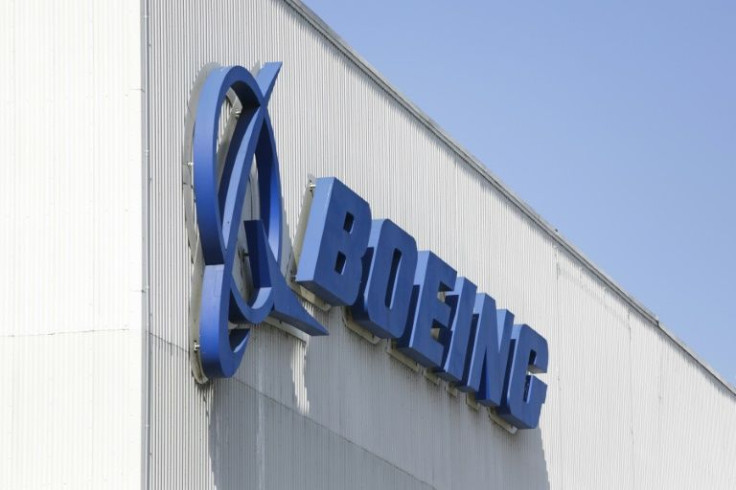Boeing Halts Titanium Purchases From Russia
Boeing said Monday it will no longer buy titanium from Russia and instead will rely on inventories and alternative suppliers for airplane production.
The US company has had a longstanding joint-venture with VSMPO-AVISMA, a Russian titanium supplier chaired by Sergey Chemezov, a close associate of Russian President Vladimir Putin was sanctioned by US authorities.
Boeing did not respond to AFP questions on the status of the joint venture.
"We have suspended purchasing titanium from Russia," a Boeing spokesperson said. "Our inventory and diversity of titanium sources provide sufficient supply for airplane production, and we will continue to take the right steps to ensure long-term continuity."
Boeing last week suspended its support work for Russian airlines and its operations in Moscow, part of a broad retreat by many US companies in the wake of Russia's invasion of Ukraine last month.
The US aviation giant has worked with VSMPO-AVISMA since 1997 and established a joint venture with the Russian metal company in 2006.
In November 2021, the two companies signed a memorandum of understanding affirming that "VSMPO-AVISMA will remain the largest titanium supplier for current and future Boeing commercial airplanes," according to a joint press release.

The agreement ensures titanium supply for the Boeing 737, 767, 787, 777 and 777X airplanes, the companies said.
Chemezov, whose association with Putin dates back their days in the KGB, was originally sanctioned by the US government in 2014 following Russia's annexation of Crimea.
Last week, the White House included Chemezov and his family members on a list of "Russian elites" who will be cut off from the US financial system while authorities seek any assets that could be seized.
Dmitry Osipov, chief executive of VSMPO-AVISMA, told Russia's TASS news agency the company was "sincerely sorry" that the long-time contract with Boeing had been halted, but that it was shifting towards other sectors such as medicine and food.
"We are reorienting towards other markets," Osipov said. "There is a lot of demand for titanium across many sectors and we have already been moving quickly to adapt."
Boeing has been increasing use of titanium in its planes as it seeks to lighten the weight and improve fuel efficiency. The metal now comprises about 14 percent of its 787.
© Copyright AFP 2025. All rights reserved.




















